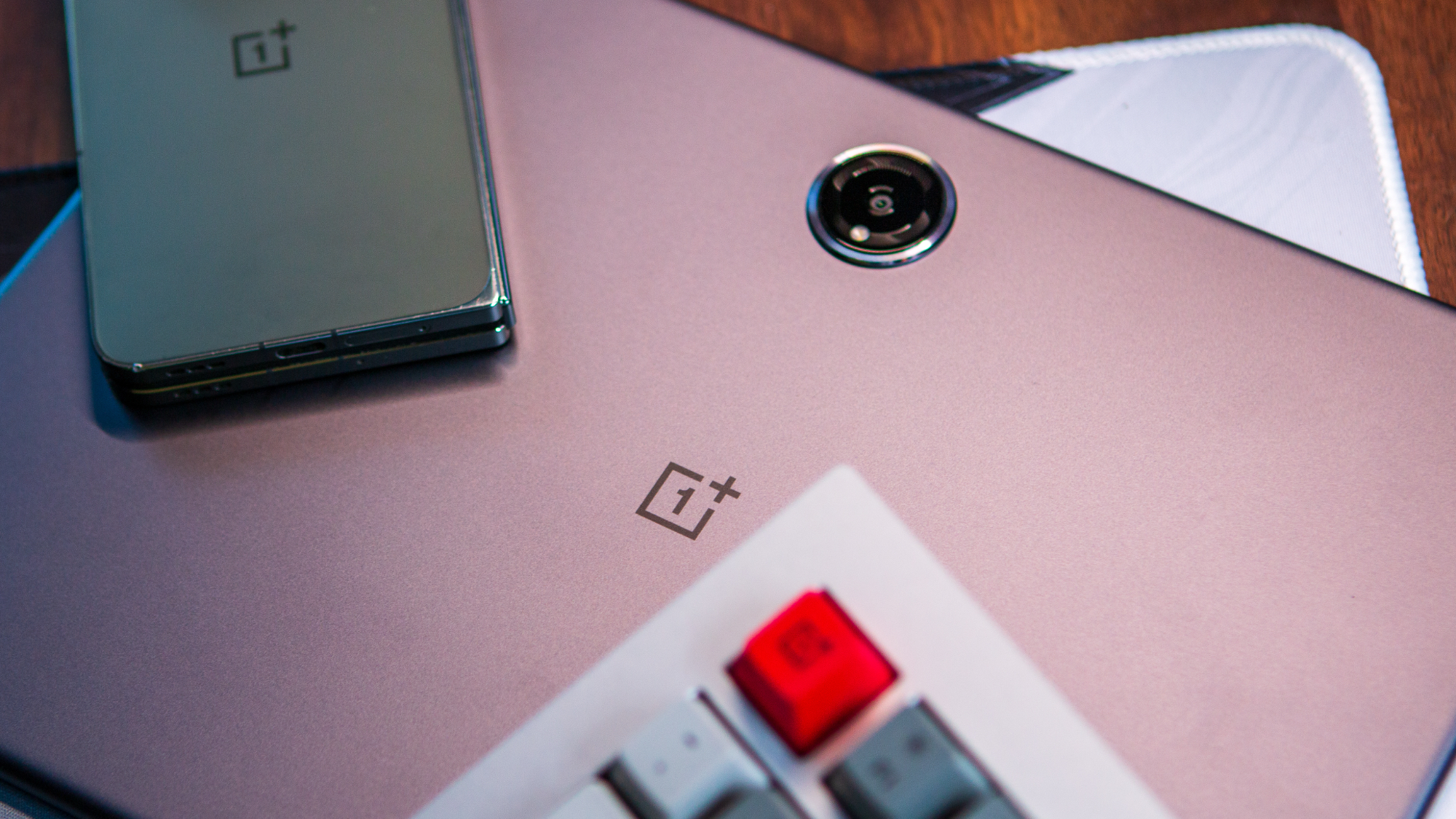US Government Tightens Controls on AI Tech, Impacting Qualcomm and Nvidia

In our recent coverage, we highlighted a compelling list of 10 AI stocks that are experiencing significant surges due to the latest news. Today, we delve deeper into where QUALCOMM Incorporated (NASDAQ:QCOM) stands among these rising AI stocks.
Amid growing concerns regarding China's rapid advancements in artificial intelligence, the Trump administration is contemplating a series of penalties aimed at blocking China's DeepSeek from acquiring U.S. technology, as reported by The New York Times. This potential move comes as the administration grapples with the implications of American access to DeepSeek's services, thereby raising critical questions about national security and technological supremacy.
DeepSeek, a Chinese start-up that gained substantial attention on Wall Street not too long ago, has made waves with its innovative AI models that are not only cheaper but also more efficient than many existing alternatives. Such developments have prompted the U.S. government to take decisive action to tighten controls and scrutinize tech investments related to this burgeoning sector.
A particular focus has been on Nvidia, a key player in the semiconductor industry whose GPUs are crucial for powering AI modelsincluding those developed by DeepSeek. Despite the existence of stringent export controls, it has come to light that DeepSeek managed to procure thousands of Nvidias GPUs. This situation has raised alarms among U.S. officials, who are now aiming to preemptively block the sale of the most advanced chips to China, in a bid to maintain a competitive edge in the global AI race.
The U.S. House Select Committee on China has expressed its concerns by formally demanding answers from Nvidia regarding its sales to China and Southeast Asia. They are investigating how Nvidias chips ended up in DeepSeek's AI models, particularly in light of existing U.S. export restrictions, which are designed to curb technological transfers that could bolster adversarial capabilities.
As the government enacts stricter export regulations aimed at China, Nvidia has projected facing a significant financial impact, estimating a potential $5.5 billion (4.2 billion) hit to its costs. This financial burden arises from new licensing requirements for exporting its popular H20 AI chip to China, a significant product in its portfolio.
The U.S. government has indicated that these licensing requirements are necessary to mitigate the risk of covered products being utilized in or diverted towards supercomputing efforts within China. Moreover, Nvidia has been advised by federal officials that this license requirement is expected to persist indefinitely.
According to Marc Einstein, a notable analyst from Counterpoint Research, the estimated $5.5 billion hit to Nvidia aligns with previous forecasts. Einstein suggested that the situation may also serve as a tactical negotiation move, implying that there could be potential exemptions or adjustments to current tariff policies in the near future.
For this article, we meticulously selected AI stocks based on an analysis of recent news articles, stock performance reviews, and corporate press releases. Notably, these stocks have garnered significant attention from hedge funds, reflecting their potential as investment opportunities. The hedge fund data referenced is as of the fourth quarter of 2024.




























